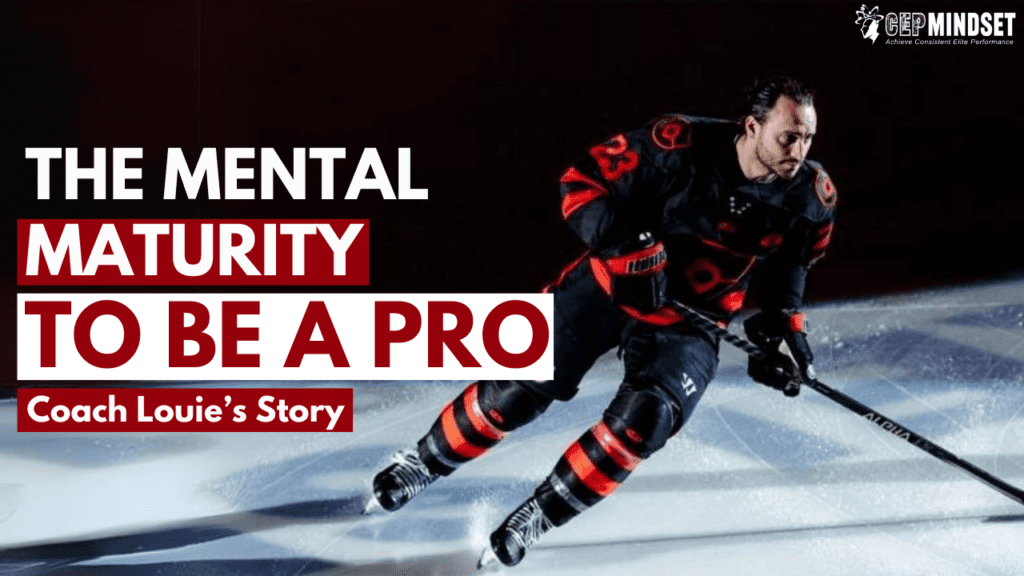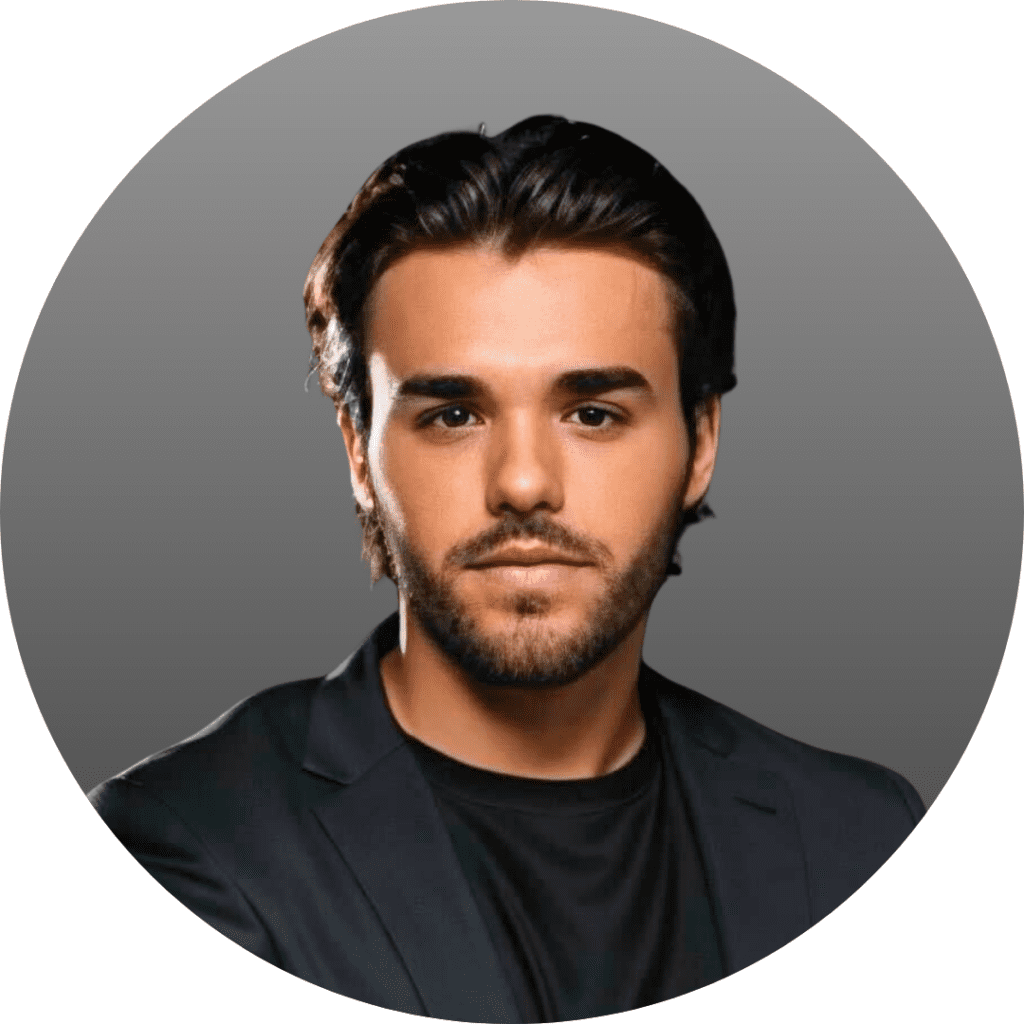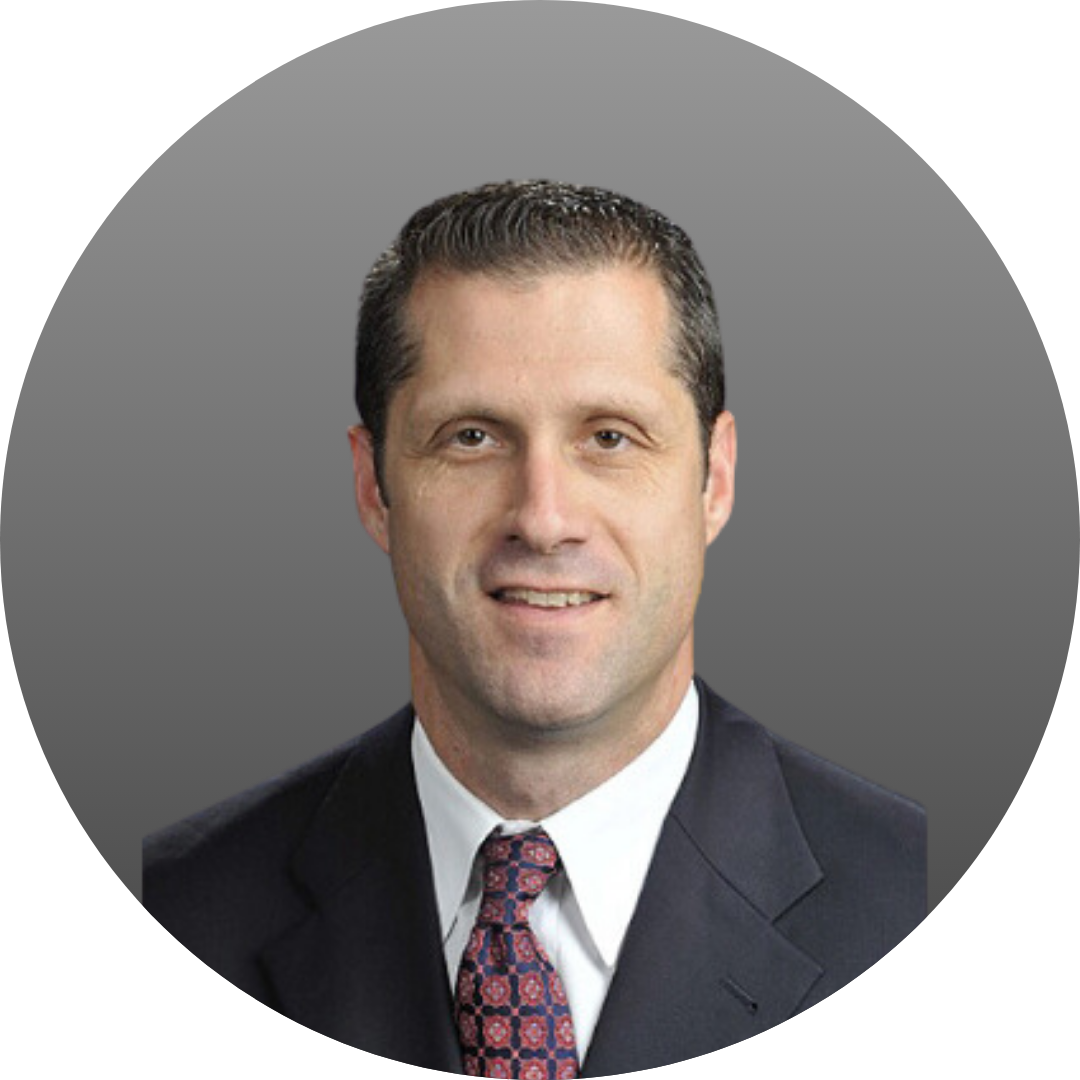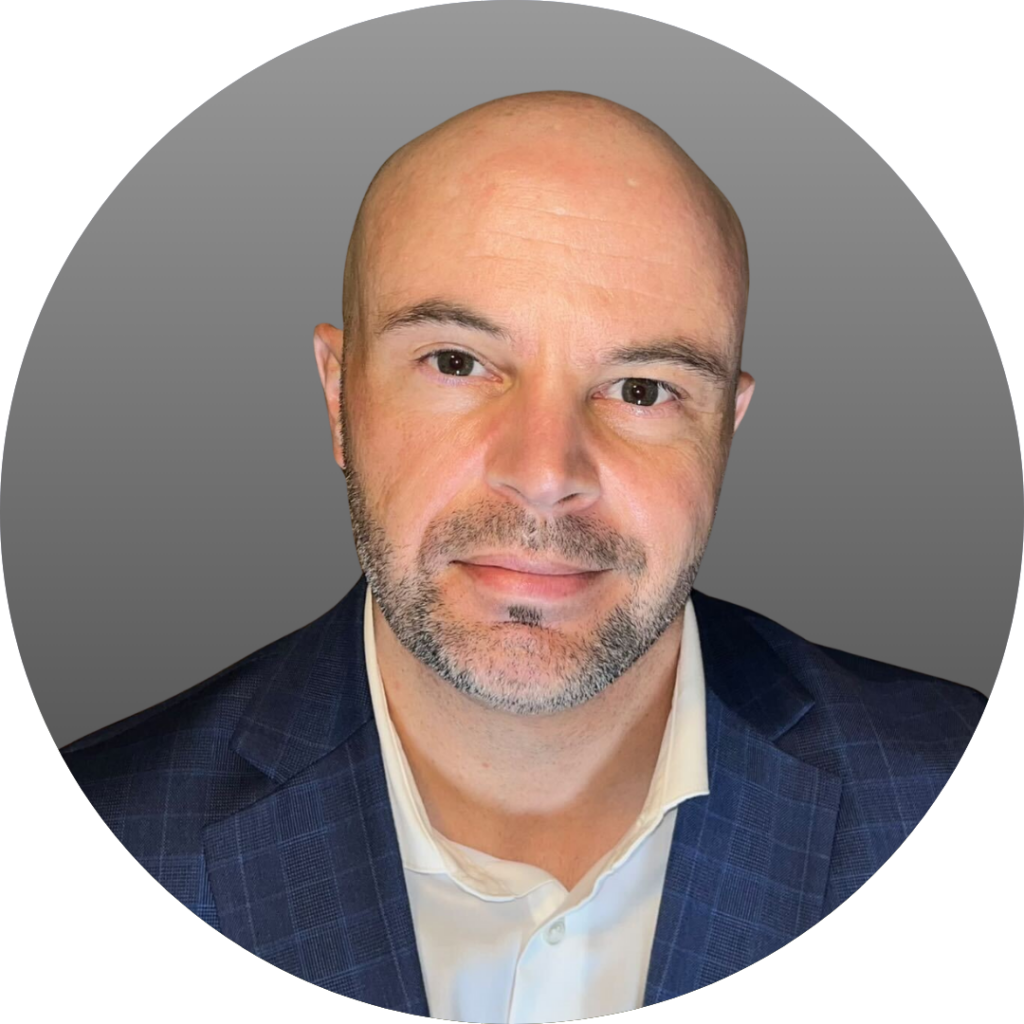
My journey in hockey started with navigating the intense hockey culture of Toronto from a young age. I faced pressures most Toronto hockey players would understand—expectations of being drafted into the OHL and US college scholarships.
Despite the challenges, success seemed to come naturally. I earned a full D1 scholarship to the University of Michigan and was honored as a Hobey Baker finalist and All-American.
These achievements fueled my belief that success was a linear path, where each step forward would lead to more victories and accolades.
However, my perception of success took a sharp turn upon entering the professional ranks.
Turning Pro
After being selected in the 3rd round to the Ottawa Senators in 2007, I signed with the NHL club 4 years later. I still remember my first camp, seeing players I idolized as a kid introduce themselves to me. It was a dream come true, until reality set in the next day…
Every morning the coaches would post 2 intrasquad lineups for scrimmage in the dressing rooms. On the first day I was given no line! There were 4 lines of players and then my name all by itself underneath them all, and there was a whole other half of camp across the hall with 4 lines as well… so you could only imagine how I felt when it came to the organization’s belief in me. I was able to shrug it off on day one, I thought to myself… Maybe all the rookies take turns being the extra man, tomorrow will be different—It wasn’t, this continued on the entire camp until I was eventually sent down to the minors.
I believed I didn’t deserve to be so low on the depth chart and looking back I was right, I didn’t deserve that.
The Start of the Spiral
But at the time I couldn’t deal with this blow to my confidence—I was never an extra, never even a third line player. I had never dealt with responding to this kind of situation. Instead of using it as motivation to prove them wrong, I started down a spiral of negative thoughts.
Suddenly, the assurances I had grown used to weren’t there… I wasn’t automatically seen as a top player or prospect and opportunities in the NHL weren’t guaranteed.
I felt like I had no one to turn to. I even noticed the coaches had a different mindset than I was used to—less personal and concerned about their job security.
I was no longer someone’s project, but instead, a product.
This change in outlook took me by surprise.
I wasn’t accustomed to feeling this way. I felt like a nobody for the first time in my hockey career.
I had a boy’s mind in a man’s world. Physically I could excel at the pro level but I wasn’t yet mentally mature enough to do so.
In the minors I became coach conscious, constantly second guessing my decisions on the ice. I always thought my coach didn’t like me or wanted to see me fail. I became concerned about what friends and family thought of my recent setbacks after having such high expectations going into pro. I felt like a let down… the wind in my sails had vanished and I was playing nowhere near my capabilities.
Working on my Mindset
I knew what it felt like at the top… My problem was what it felt like at the bottom. And in my young pro career I was faced with the choice to quit or develop a new mindset to enjoy the game again.
I had to start with being honest with myself. This took some growing up and mental maturity to do. I had to contend with doubts about my worth as a player and as a person.
I began by acknowledging and dissecting my negative emotions. Each evening, I sat with pen and paper, pouring out my thoughts and feelings. Writing became a cathartic release, a way to process the whirlwind of emotions and thoughts swirling within me. I questioned the origins of my fears and anxieties, seeking to understand their roots and their impact on my mindset. It meant confronting uncomfortable truths. But through this process, I began to cultivate a new mindset.
I gradually started to shift my perspective on what it meant to excel in professional hockey. It wasn’t just about scoring and glory anymore; it was about cultivating a resilient mindset that could weather the storm of professional scrutiny and self-doubt.
I realized that my mindset wasn’t just a tool to help me in the game; it was much bigger than that, it was my total experience of the game.
My on ice performance started to improve in sync with my mental game and I was given opportunities to play all over the world including the top leagues in Sweden and Germany.
I remember being so grateful for getting the chance to play and live in different places around the world. With each new opportunity I delved deeper into this newfound mindset, I saw subtle shifts in my approach to the game. I no longer fixated solely on external validation or the opinions of others. Instead, I focused on my own growth and development, setting internal benchmarks for success that went beyond wins and losses.
The journey wasn’t without its setbacks. There were moments of frustration and doubt, times when I questioned whether I had what it took to persevere. But each obstacle became an opportunity to learn and grow, reinforcing my commitment to cultivating a resilient mindset that could withstand the highs and lows of professional sports.
Finding My Calling
I found myself in the later years of a 15 year pro career giving advice to fellow teammates. It became common for players to consult me on the mental challenges of pro hockey. I knew I had found my calling. I could make a positive difference in an athlete’s journey– whether it be a young up-and-coming athlete or players at the professional level. All of the challenges I encountered along the way have turned into relatable insights. Now as a Mental Performance Coach I can connect with my athletes on a deep level, having been through the process myself. I have the opportunity to help others avoid the mistakes I made along the way.
And most importantly, I get to blend what worked for me with the practical strategies we use at CEP to help my clients create personalized strategies that work for them—ensuring they have the right mindset for success and that they enjoy the journey.

 Nicholas is a Senior High-Performance Coach and holds a doctorate in Sport & Exercise Psychology. From his specialized psychology research program, to his PhD studies, Nicholas has gained a tremendous foundation of knowledge and appreciation for the human experience. His passion for psychology has accumulated to a commitment to studying and applying performance psychology and stoicism. This commitment has led Nicholas to conduct many research studies focusing on understanding why and how some people thrive and prosper while others do not. His admiration for evidence-based solutions has propelled Nicholas to produce studies revolving around mindfulness, grit (perseverance and passion), performance, quality participation, social relationships, and well-being.
Nicholas is a Senior High-Performance Coach and holds a doctorate in Sport & Exercise Psychology. From his specialized psychology research program, to his PhD studies, Nicholas has gained a tremendous foundation of knowledge and appreciation for the human experience. His passion for psychology has accumulated to a commitment to studying and applying performance psychology and stoicism. This commitment has led Nicholas to conduct many research studies focusing on understanding why and how some people thrive and prosper while others do not. His admiration for evidence-based solutions has propelled Nicholas to produce studies revolving around mindfulness, grit (perseverance and passion), performance, quality participation, social relationships, and well-being. A Native of Quebec, Sara was part of the St. Lawrence University Women’s Ice Hockey team that competed in the NCAA Division 1 hockey league ECAC. During this time, Sara helped her team appear in four ECAC Hockey Tournaments and two NCAA Frozen Fours, and was a four-time member of the ECAC Hockey All-Academic Squad. Following her career at St. Lawrence University, Sara played one year of professional hockey with Lugano, where she truly honed her skills in understanding the intricate connection between mindset and performance.
A Native of Quebec, Sara was part of the St. Lawrence University Women’s Ice Hockey team that competed in the NCAA Division 1 hockey league ECAC. During this time, Sara helped her team appear in four ECAC Hockey Tournaments and two NCAA Frozen Fours, and was a four-time member of the ECAC Hockey All-Academic Squad. Following her career at St. Lawrence University, Sara played one year of professional hockey with Lugano, where she truly honed her skills in understanding the intricate connection between mindset and performance.
 Blair has over 13 years of experience as a Professional Dancer, Assistant Dance Captain & Cast Manager, as well as an additional 17 years of training. Over the last 3 decades, she has lived and experienced first hand the highest of highs & lowest of lows that come with pursuing a career in the Performing Arts.
Blair has over 13 years of experience as a Professional Dancer, Assistant Dance Captain & Cast Manager, as well as an additional 17 years of training. Over the last 3 decades, she has lived and experienced first hand the highest of highs & lowest of lows that come with pursuing a career in the Performing Arts.

 Natasha Habert draws from her training in sport and performance psychology, personal experiences as a competitive athlete, and deep passion for consistent high performance. She is a lifelong athlete and high performer, excelling in volleyball as both a player and coach.
Natasha Habert draws from her training in sport and performance psychology, personal experiences as a competitive athlete, and deep passion for consistent high performance. She is a lifelong athlete and high performer, excelling in volleyball as both a player and coach. Luciano’s hockey career is highlighted by his time playing college at the University of Victoria and two professional seasons in Europe. Throughout his career, he struggled with performance anxiety, a lack of consistency, fluctuations in confidence, and being caught in the results trap. This eventually led him to deviate from the main reason why anyone should play sports – for the enjoyment of the game. As a former athlete, Luciano has a unique understanding of the psychological pressures and struggles that athletes experience.
Luciano’s hockey career is highlighted by his time playing college at the University of Victoria and two professional seasons in Europe. Throughout his career, he struggled with performance anxiety, a lack of consistency, fluctuations in confidence, and being caught in the results trap. This eventually led him to deviate from the main reason why anyone should play sports – for the enjoyment of the game. As a former athlete, Luciano has a unique understanding of the psychological pressures and struggles that athletes experience. Alexis Woloschuk is a name synonymous with mental fortitude in the world of professional hockey. Throughout her career originating playing boys hockey, going to an academy away from home, playing her four years at Boston University and 7+ years in pro hockey she’s learned the importance of resilience, confidence, and dismissing both fear and other’s opinions. With a blend of relatability, confidence, and an acute understanding of playing to one’s potential, Alexis helps athletes reshape the way they perceive and harness the power of their minds.
Alexis Woloschuk is a name synonymous with mental fortitude in the world of professional hockey. Throughout her career originating playing boys hockey, going to an academy away from home, playing her four years at Boston University and 7+ years in pro hockey she’s learned the importance of resilience, confidence, and dismissing both fear and other’s opinions. With a blend of relatability, confidence, and an acute understanding of playing to one’s potential, Alexis helps athletes reshape the way they perceive and harness the power of their minds. Sean Mahoney is a member of the Association for Applied Sport Psychology (AASP), and a Master’s candidate in the Sport and Performance Psychology program at the University of Denver. For as long as he can remember, Sean has been fascinated by human performance and how to gain an edge over the competition. For most of his athletic career, he focused on the physical aspect of performance but neglected the mental. Because of this, he struggled with performance anxiety, focus issues, and limiting beliefs pertaining to confidence and self-doubt. His lack of focus on optimizing his mental game prevented him from reaching his full potential.
Sean Mahoney is a member of the Association for Applied Sport Psychology (AASP), and a Master’s candidate in the Sport and Performance Psychology program at the University of Denver. For as long as he can remember, Sean has been fascinated by human performance and how to gain an edge over the competition. For most of his athletic career, he focused on the physical aspect of performance but neglected the mental. Because of this, he struggled with performance anxiety, focus issues, and limiting beliefs pertaining to confidence and self-doubt. His lack of focus on optimizing his mental game prevented him from reaching his full potential. Savannah Fitzgerald is earning her M.A. in Kinesiology, Sport Psychology Option at California State University, Fresno. Possessing an internal motor that fires her rage for success, Savannah forged this attribute over five years while competing as an NCAA D-I water polo player and swimmer. Combined with her opportunity to represent and compete for the United States, she feels that sport has significantly impacted her professional development. Due to her personal experience playing at all levels, Savannah’s passion for mental performance began when she struggled to overcome pre-competition nerves and post-competition processing. When she discovered a world out there that people were referring to as ‘sport psychology,’ she felt like a piece of her brain was unlocked. Reality shifted as she stumbled into a space consisting of the most beautiful blend of elite performance, mental well-being, and athletics.
Savannah Fitzgerald is earning her M.A. in Kinesiology, Sport Psychology Option at California State University, Fresno. Possessing an internal motor that fires her rage for success, Savannah forged this attribute over five years while competing as an NCAA D-I water polo player and swimmer. Combined with her opportunity to represent and compete for the United States, she feels that sport has significantly impacted her professional development. Due to her personal experience playing at all levels, Savannah’s passion for mental performance began when she struggled to overcome pre-competition nerves and post-competition processing. When she discovered a world out there that people were referring to as ‘sport psychology,’ she felt like a piece of her brain was unlocked. Reality shifted as she stumbled into a space consisting of the most beautiful blend of elite performance, mental well-being, and athletics. Gabe is currently completing his Master’s in Counselling Psychology at the University of Victoria. Although Gabe played several years of high-level baseball, including a stint in the British Columbia Premier Baseball League (BCPBL), he chose hockey as his sport to pursue at the highest level possible. Gabe went on to play four years of junior hockey with the Richmond Sockeyes in the Pacific Junior Hockey League (PJHL) while also coaching minor hockey. Prior to junior hockey, Gabe played 3 years in the Canadian Sport School Hockey League (CSSHL) where he experienced the pressures and expectations of moving on to the next level. During those three years, Gabe constantly compared himself to others and struggled with coping when things did not go his way. Over time, he learned how to focus on his own process and path to the next level, while also developing strategies to improve well-being.
Gabe is currently completing his Master’s in Counselling Psychology at the University of Victoria. Although Gabe played several years of high-level baseball, including a stint in the British Columbia Premier Baseball League (BCPBL), he chose hockey as his sport to pursue at the highest level possible. Gabe went on to play four years of junior hockey with the Richmond Sockeyes in the Pacific Junior Hockey League (PJHL) while also coaching minor hockey. Prior to junior hockey, Gabe played 3 years in the Canadian Sport School Hockey League (CSSHL) where he experienced the pressures and expectations of moving on to the next level. During those three years, Gabe constantly compared himself to others and struggled with coping when things did not go his way. Over time, he learned how to focus on his own process and path to the next level, while also developing strategies to improve well-being. Louie is a mental performance coach from Toronto, Canada with a professional hockey career spanning over 14 years. Being a standout player at the University of Michigan, Louie was a Hobey Baker finalist and a 1st team All-American, which led him to getting drafted by the Ottawa Senators and playing in renowned leagues across the globe, including the DEL, SHL, and AHL.
Louie is a mental performance coach from Toronto, Canada with a professional hockey career spanning over 14 years. Being a standout player at the University of Michigan, Louie was a Hobey Baker finalist and a 1st team All-American, which led him to getting drafted by the Ottawa Senators and playing in renowned leagues across the globe, including the DEL, SHL, and AHL.
 Mia Landry is a former varsity hockey player at Brock University, where she competed at the USPORT level and was part of the 2021-22 OUA gold medal team. Mia currently represents Canada on the Women’s National Ball Hockey team and is pursuing a Master of Kinesiology Sport Psychology at her alma mater. Her research focuses on areas such as team cohesion, group dynamics, leadership styles, and sports culture.
Mia Landry is a former varsity hockey player at Brock University, where she competed at the USPORT level and was part of the 2021-22 OUA gold medal team. Mia currently represents Canada on the Women’s National Ball Hockey team and is pursuing a Master of Kinesiology Sport Psychology at her alma mater. Her research focuses on areas such as team cohesion, group dynamics, leadership styles, and sports culture. As a former member of McMaster University’s women’s soccer team, Emilie intimately understands the demands and challenges athletes face on and off the field. Although she encountered many challenges as a high-level athlete, particularly struggling with self-doubt and overthinking, Emilie was able to make a remarkable transformation when she began to embrace the principles of sports psychology.
As a former member of McMaster University’s women’s soccer team, Emilie intimately understands the demands and challenges athletes face on and off the field. Although she encountered many challenges as a high-level athlete, particularly struggling with self-doubt and overthinking, Emilie was able to make a remarkable transformation when she began to embrace the principles of sports psychology. Max is currently attending William James College, where he is earning a Doctorate Degree in Clinical Psychology and a Masters Degree in Professional Psychology. During his time as an undergraduate student, Max was inducted into the International Honor Society in Psychology (Psi Chi), and played on the Quinnipiac University men’s club ice hockey team.
Max is currently attending William James College, where he is earning a Doctorate Degree in Clinical Psychology and a Masters Degree in Professional Psychology. During his time as an undergraduate student, Max was inducted into the International Honor Society in Psychology (Psi Chi), and played on the Quinnipiac University men’s club ice hockey team.







